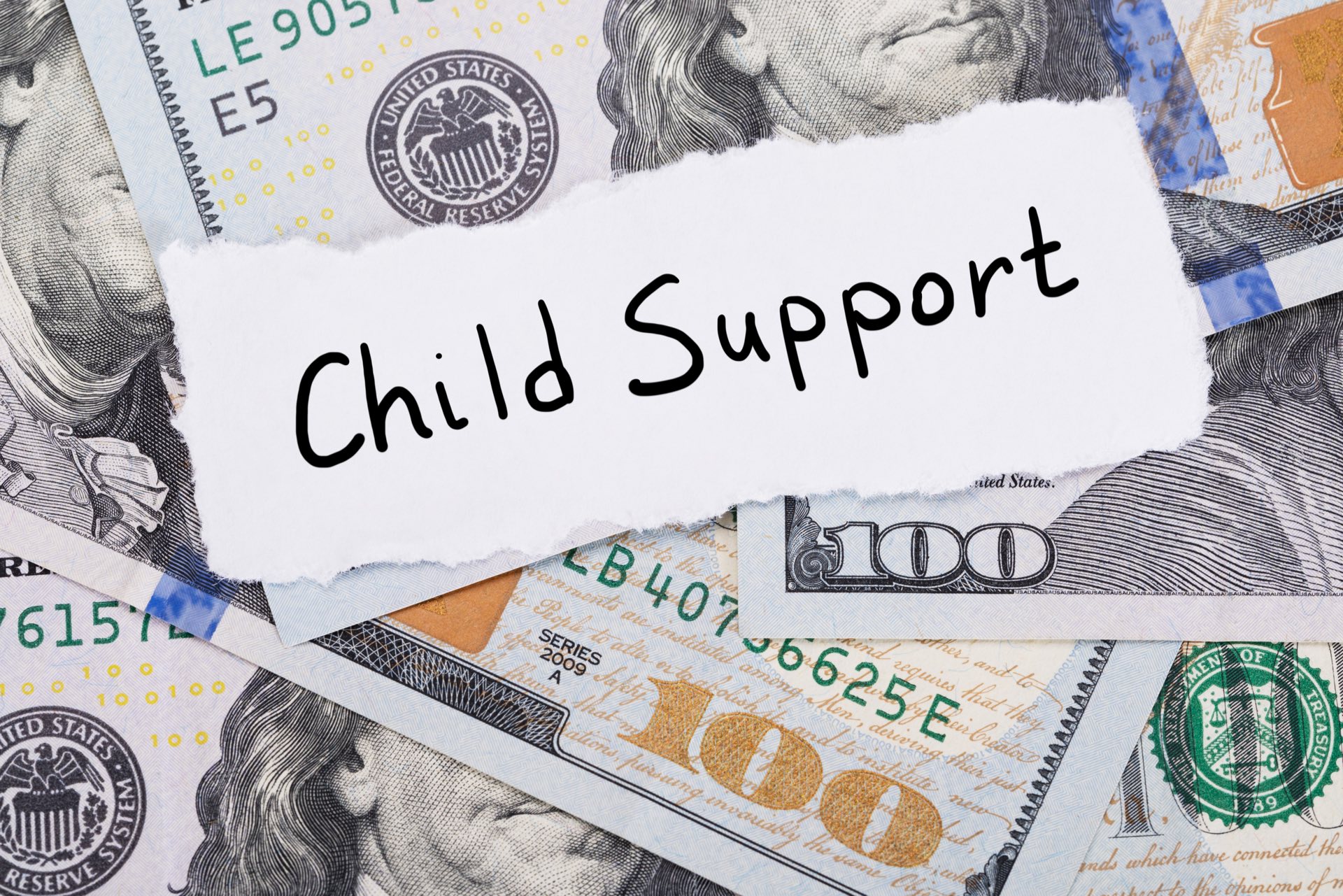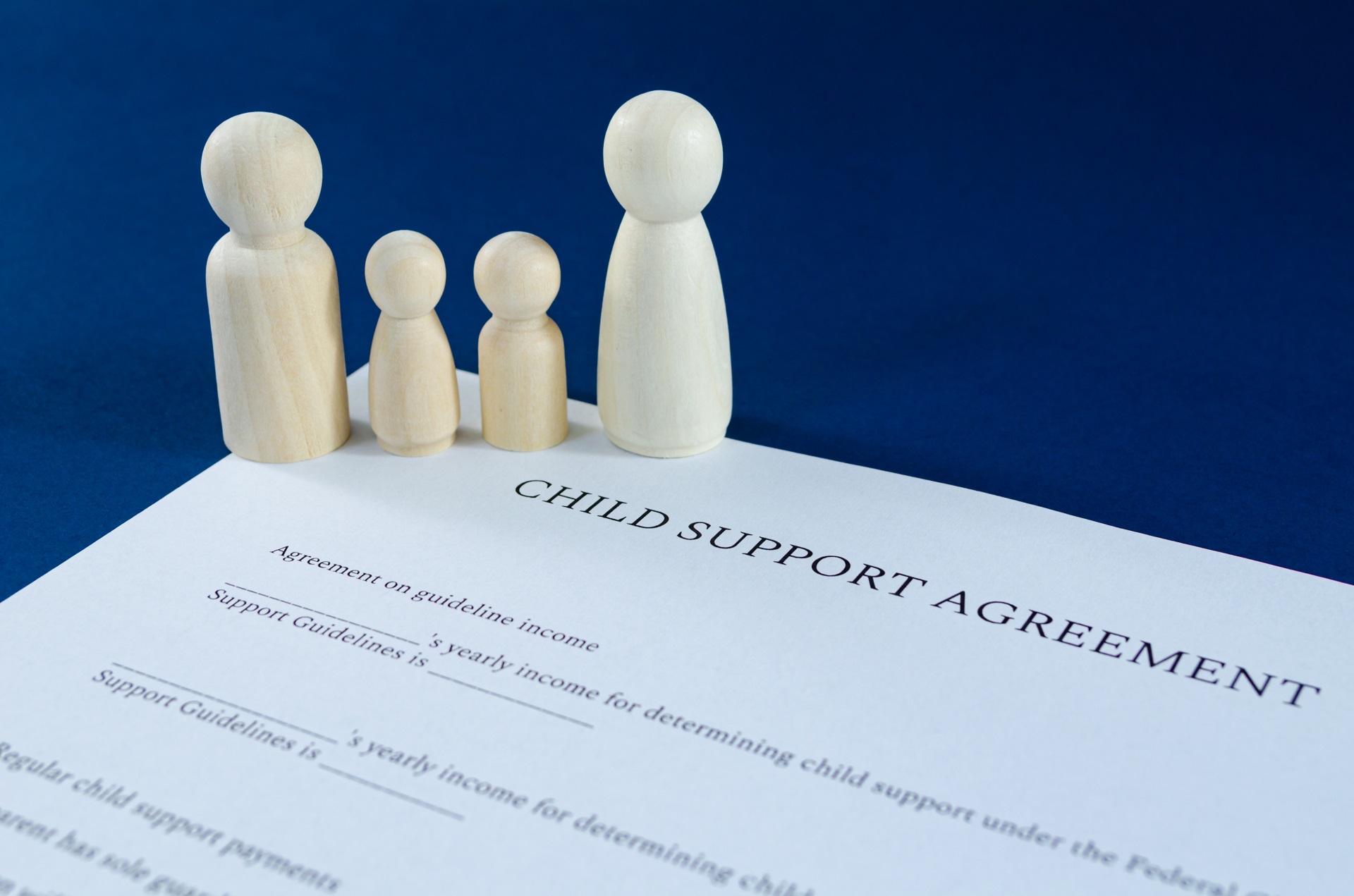The loss of a custodial parent can be a devastating and confusing time for any family. Along with the emotional toll, there are practical issues that must be addressed, including what happens to child support payments. In the United States, the death of a custodial parent can have a significant impact on child support orders and can lead to complicated legal issues. In this article, we will explore the effects of a custodial parent’s death on support orders in America, as well as the factors that can complicate this custody issue.
The Effect of a Custodial Parent’s Death on Support Orders
When a custodial parent dies, the non-custodial parent’s obligation to pay child support does not automatically end. In most cases, the court order for child support remains in effect until modified by the court. However, the death of a custodial parent can affect the amount of child support owed and how it is paid.
If the deceased custodial parent was receiving public assistance, such as Temporary Assistance for Needy Families (TANF) or Medicaid, the state may automatically step in as the new custodial parent and seek child support from the non-custodial parent. In some cases, the state may also seek reimbursement for any public assistance benefits paid to the deceased custodial parent.
Factors That Can Complicate This Custody Issue
The death of a custodial parent can lead to complicated custody issues if there is no designated guardian or if the non-custodial parent is not deemed fit to assume custody. In such cases, the court will need to determine who will be the new custodial parent and how child support payments will be handled.
If there is no designated guardian, the court will look to the deceased custodial parent’s will, if one exists, to determine who should assume custody. If there is no will or if the designated guardian is unable or unwilling to assume custody, the court will need to make a determination based on the best interests of the child.
If the non-custodial parent is not deemed fit to assume custody, the court may look to other family members, such as grandparents or aunts and uncles, to assume custody. In such cases, the court may also need to modify the child support order to reflect the new custodial arrangement.
How a Family Can Resolve This Issue with the Aid of a Child Support and Custody Lawyer
Dealing with the death of a custodial parent can be overwhelming for any family. It is important to seek the advice of a child support and custody lawyer to ensure that your rights and the best interests of the child are protected.
A child support and custody lawyer can assist with:
- Modifying the Child Support Order: If the death of a custodial parent affects the amount of child support owed or how it is paid, a lawyer can help modify the child support order to reflect the new circumstances.
- Determining Custody: A lawyer can assist with determining who should assume custody of the child and can advocate for your rights in court.
- Resolving Disputes: If there is a dispute over custody or child support, a lawyer can help resolve the issue through mediation or litigation.
- Assisting with Estate Planning: A lawyer can also assist with estate planning to ensure that your wishes for your child’s care and custody are reflected in your will.







